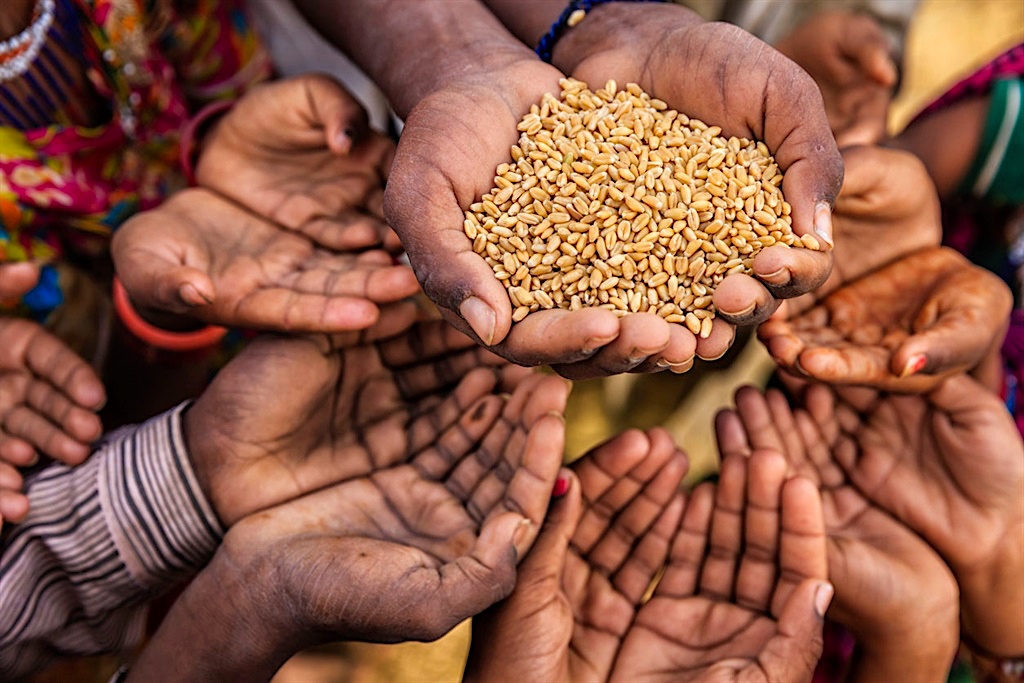Catriona Laing, the United Kingdom high commissioner has said that climate change and the rising cost of fertilizers might increase food shortages in Nigeria.
Laing, who spoke during the Feed Nigeria summit in Abuja said that the ripple effects of the Ukraine crisis remain acute in terms of food security, especially as Africa relies on food imports from the region of conflict when she was speaking during the Feed Nigeria summit in Abuja.
According to her, Nigeria, and other African countries have recorded slow progress towards achieving SDG2, which is zero hunger by 2030, the result of which is long-term food security issues, long-term food availability issues, long-term high food prices, and long-term issues with inputs, notably fertilisers and water.
“As a sector, Agriculture provides employment for an estimated 35 per cent of Nigeria’s population and remains the foundation of the Nigerian economy and the main source of livelihood for most Nigerians,” she said.
She noted that impacts of climate change and infrastructure gaps across Nigeria, as well as concerns around security and the business-enabling environment, continue to impact the country’s ability to really maximize its potential in this sector.
Read also: UN says flood affected 4.4 million Nigerians
“Climate change will make between 10% and 25% of land currently farmed un-farmable. And as countries get richer, there will be a higher demand for red meat, which we know is an inefficient way of farming, adding that the UK government is investing £95 million through a new Propcom+ programme to support climate-resilient and sustainable agriculture in Nigeria.
According to her, propcom+ will support more than 4 million people to adopt and scale sustainable agricultural practices, such as improved climate-resilient seed varieties and integrated soil fertility management that increase productivity and resilience, reduce emissions, and protect natural ecosystems.
In his remark, Farouk Mudi, the president of AFAN, noted that effort made towards achieving the SDG-2 which aim to promote zero hunger, are proving insufficient in the face of the intensification of conflict, climate extremes, economic shocks, COVID-19 and the Russia-Ukraine war.
“We are now only eight years away from 2030, but the distance to reach many of the Sustainable Development Goals (SDGs) targets including most especially SDG~2 is growing wider each year,” he said.
Richard Mbaram, director general of the feed Nigeria summit group noted that post-harvest losses have remained the most unfortunate experience for Nigeria farmers, as Nigeria loses over 50 per cent of its food produced at post-harvest and it has become imperative for Nigeria to leverage industrialization as a tool to curb post-harvest losses.
Story was adapted from BusinessDay.
